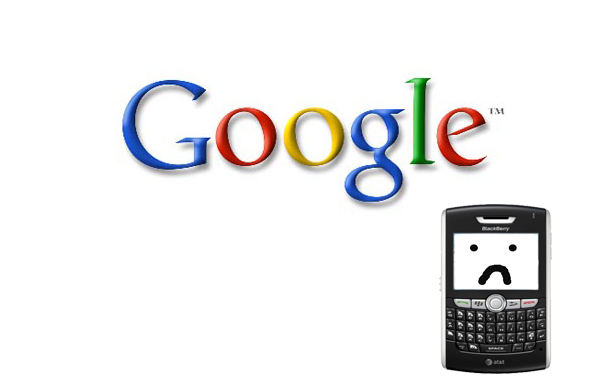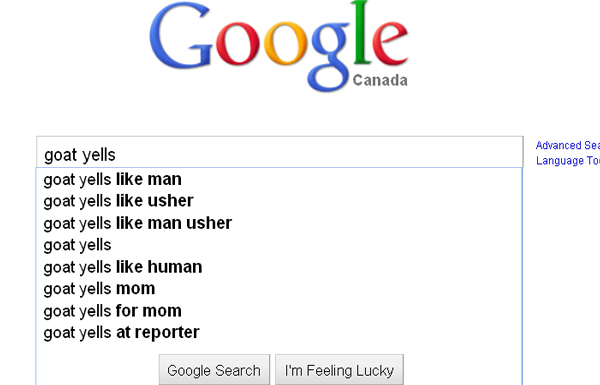The Social Network: A New Era in Filmaking?
Last Friday, The Social Network opened to an International audience. It made $23 million in North America alone, and has received very good reviews from pro and amateur critics (97% on Rotten Tomatoes). Many people were likely expecting a flop, but the film is written by Aaron Sorkin (The West Wing, Charlie Wilson’s War) and directed by David Fincher (Fight Club, Se7en, Panic Room) and turned out surprisingly good.
One of the reasons every one expected so little out of the movie is that its based on something that is currently taking place (Facebook is still on the rise and the story is nowhere near complete). Another reason, is that people roll their eyes most of the time when Facebook is mentioned.
The general public is still in a state of sub-conscious disbelief at how much Facebook has taken our lives. Most of us check Facebook first thing in the morning (and last before we go to sleep), but we would never admit that out loud. Whenever someone offers up interesting information about an event or a friend, and they are asked how they know that and the answer is Facebook, they will say it in a mocking funny kind of way. As if it’s so hilarious/embarrassing to admit you found valuable information on Facebook. As if it’s not a credible source. And with that in mind, why would you go out of your way to see a film about something that is so silly?! But you will go see it. Because Facebook is a much larger part of your life than you want to let yourself believe.
And Hollywood has finally caught on. Starved for ideas, The Social Network made it seem that Hollywood had finally reached the bottom of the barrel, and were now grabbing at anything to make a film out of. Saying that you need Facebook to live was so taboo, that making a film about it’s origin just seemed pathetic. Yet here’s the film, #1 in the world in it’s first week. So I ask, is this just the tip of the Iceberg?
Yes. There are now talks of a Google film, and I would not be surprised if most other major websites followed. After all, we don’t mind reading the incredible life stories of their creators online, do we? Everyone loves to marvel at how Google was “just 3 guys with an idea” or Napster was “just an easy way to share files”. These are success stories. Something that Hollywood (and the general population) thrives on.
So embrace it, dear members of the public. No longer do you need to be afraid to admit that a website is essential to your existence. After all, Hollywood was able to.
Google Docs App: Bad News for Blackberry
This morning, Google announced that there will soon be releasing a Google Docs app for the iPhone and Android. The fact that an app is being released is not the news story here, but rather the story is that the app is not coming out for Blackberry.
If you work closely in a team at work and are always sending documents back and forth with your coworker, but you’ve never used Google Docs, it’s high time you start. It’s quite wonderful, since it allows you and others to edit the same document simultaneously. The fact that we will soon be able to do it on our mobiles is just another step the business world is taking towards the full virtual (or mobile?) office.
Although it may not seem like that big of a deal for Blackberry, keep in mind their market share has been steadily declining and are very close to being officially “struggling to compete”.
SEO Tip #2: Site Structure
Search Engine Optimization (SEO) is a relatively new component of any business trying to make it big online. Follow our online tips to help your business thrive in the ever expanding online market.
Content is King in SEO. No matter what. But after Content, the layout of the very same site who’s search results you are trying to optimize is a pretty important second. If your site is not properly structured, its chances of coming up in a search diminish rapidly.
Depending on the size of your site, you may need a Site Map. The more pages on your site, the harder it will be for Google to differentiate between them. Who would have thought that Google would need your help? Well it does, and that comes in the form of a sweet and simple map, so that users can be sent to the home page much more often. Plus, if your site (or business) is very intricate and in-depth, a map will also aid the users, and you definitely want them to find it easy.
“A site map should not be the primary navigation on your web site it should complement it.” – Web Developer Notes
Keeping on the topic of site depth, Domains are another important aspect. Create many of them. With several names. And make sure they all contain the right Keywords, so that search engines can find them easily. When it comes to Domains, consider the web like a prize raffle. If you only buy one ticket, you only have one chance to win the prize All Inclusive Vacation. But if you buy several tickets, you will have multiple chances to win, and wake up on the beach in Bora Bora (in this case, the prize is people visiting your site and buying your product/reading what you have to say).
One more thing to keep in mind, and we probably should have mentioned it in the Keywords tip, is Bolded words. Search Engines hate that. It confuses them and they will pick an un-bolded word before a bolded one, hence your site will fall further down in the ranking. This is something to watch for when giving titles to your pages/blog posts.
Check back daily for more SEO Tips and Industry Buzz.
Google Instant Search: Old News?
Last week, Google released its new instant search function, which basically shows you search results as you type your query into the search bar. Considering that billions of search results are attainable through a simple Google search, this kind of idea is quite groundbreaking. Or is it?
Hasn’t YouTube been doing this for quite some time now? I specifically remember looking up the “Goat Yells Like Man” video last summer on the popular video site, and having the title come up under the search bar as soon as I had typed the word Goat.
Alright, I understand it is quite impressive for Google to be able to do it, considering how far the search engine can actually reach via its spider track technology. But what surprised me was how excited the online community was by this, and how impatient it made everyone seem. Is it really so hard to wait until you’re done typing your search to see what results come up? Mashable.com founder and CNN Columnist Pete Cashmore has his own take on the issue, labeling the latest tool as “real time web” technology.
“If relevant information is delivered to us without extra effort, why type words into a box?If relevant information is delivered to us without extra effort, why type words into a box?” says Cashmore on CNN.
In time, the instant search will likely turn out to be quite useful, especially if users are exactly sure of what or who they are looking for. It’s all part of the acceleration of the internet, and up there with real time news updates on mobiles and the abolition of print. But Cashmore predicts an even scarier fate for the evolution of Google searching.
“What if instead of guessing your intent while you search, Google could predict your needs before you search?”
Scary stuff. Google has become self aware.
 Posted by Luc in
Posted by Luc in 



